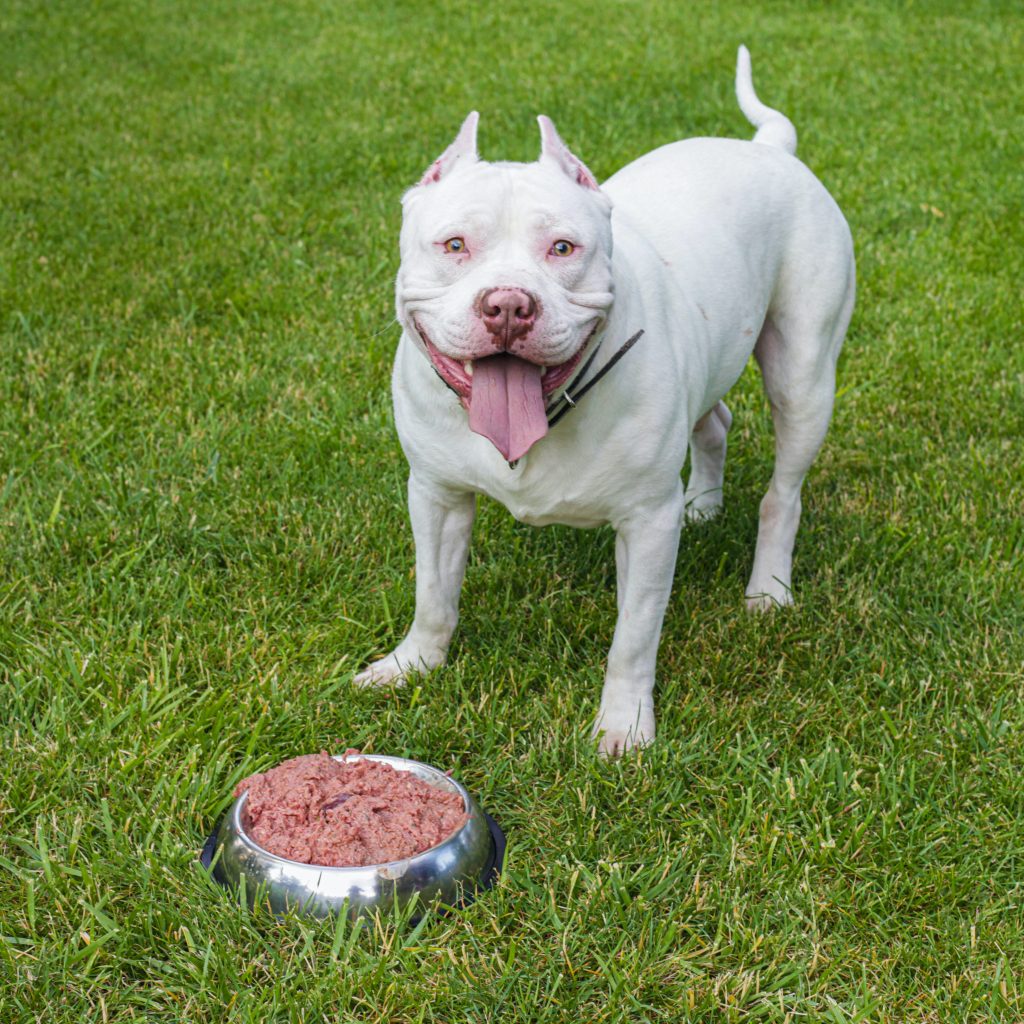As pets age, their nutritional needs change, and it becomes crucial to provide them with a diet that meets their changing requirements. Proper nutrition is especially important for senior pets, as it can help prevent and manage health problems. According to a study by the Association for Pet Obesity Prevention, an estimated 59.5% of cats and 55.8% of dogs in the US are overweight or obese. Obesity can lead to health problems such as diabetes, arthritis, and heart disease, which are more common in senior pets. Providing a nutritious diet can help maintain your pet’s health, energy, and happiness.
Why Proper Nutrition is Crucial for Senior Pets
As pets age, their metabolism slows down, and their body functions start to decline. This means they require fewer calories, but they need more nutrients to maintain their health. Senior pets are more prone to health problems such as arthritis, diabetes, and heart disease. Proper nutrition can help to prevent and manage these conditions, allowing your pet to live a comfortable and active life.
Senior pets may also have dental problems or a decreased sense of smell and taste, making it more challenging for them to eat. Dental problems or a decreased sense of smell and taste can make it challenging for senior pets to eat, leading to weight loss, malnutrition, and other health issues. Choosing a diet that is easy to digest and appealing to their senses is essential. Dr. Heidi Lobprise, a veterinary dentist, recommends soft food or wet food as it is easier to chew and swallow for senior pets with dental problems. She also suggests warming the food to enhance the aroma and make it more appealing to their senses.This can result in weight loss, malnutrition, and other health issues. Therefore, it’s essential to choose a diet that is easy to digest and appealing to their senses.
How to Provide Proper Nutrition for Senior Pets
Consult with Your Vet
Your veterinarian can help you determine your pet’s nutritional needs and recommend the best diet for their age, weight, and health condition. Consulting with a veterinarian is crucial for determining your pet’s nutritional needs and recommending the best diet for their age, weight, and health condition. Senior pets may require a diet that is high in protein, low in fat, and rich in vitamins and minerals. Dr. Ernie Ward, founder of the Association for Pet Obesity Prevention, suggests feeding your pet a diet that is at least 75% animal protein to ensure they receive the necessary amino acids for optimal health. They may recommend a diet that is high in protein, low in fat, and rich in vitamins and minerals.
Choose a Quality Diet
Selecting a high-quality diet is essential for senior pets. Look for food that is specifically formulated for senior pets and contains easily digestible protein, high-quality fats, and vitamins and minerals. Look for food that is specifically formulated for senior pets and contains easily digestible protein, high-quality fats, and vitamins and minerals. Avoid food that contains artificial preservatives, colors, and flavors, as well as fillers such as corn, wheat, and soy. According to a study by ConsumerLab.com, some pet food brands have been found to contain contaminants such as heavy metals and pesticides. Choosing a reputable brand and checking the ingredients list can help ensure your pet’s food is safe and nutritious.
Monitor Your Pet’s Weight
Obesity can lead to various health problems in senior pets, so it’s essential to monitor your pet’s weight and adjust their diet accordingly. If your pet is overweight, your vet may recommend a weight loss diet to help them shed excess pounds.
Provide Fresh Water
Providing fresh water is essential for all pets, but it’s especially crucial for senior pets. Senior pets may drink less water, leading to dehydration and other health problems. Provide fresh water at all times and encourage your pet to drink by placing multiple water bowls around the house.
Conclusion
In conclusion, providing proper nutrition is crucial for maintaining your senior pet’s health and wellbeing. Consulting with a veterinarian, choosing a high-quality diet, monitoring your pet’s weight, and providing fresh water can help prevent and manage health problems and improve your pet’s quality of life. As Dr. Karen Becker, a proactive and integrative wellness veterinarian, says, “nutrition is the foundation of health and wellness for all pets, but it’s particularly important for our senior pets, who need extra support to remain happy, healthy, and thriving.”

